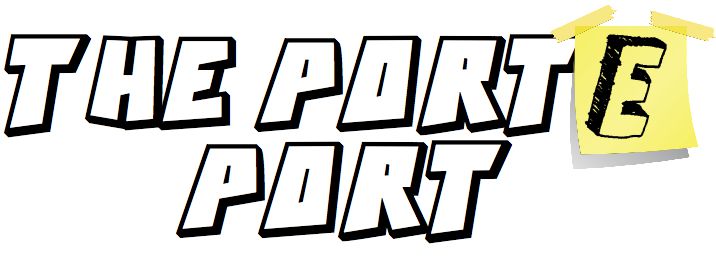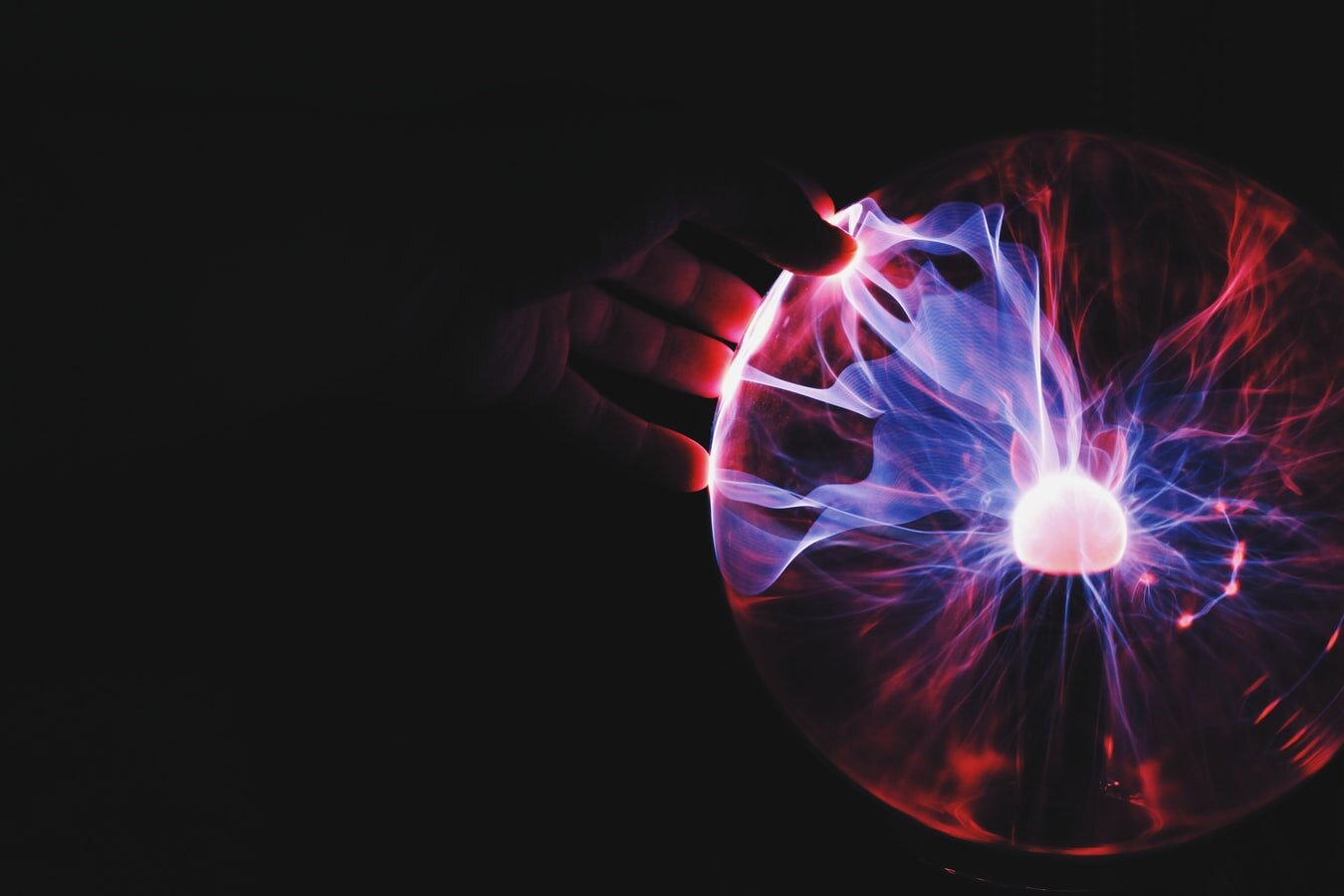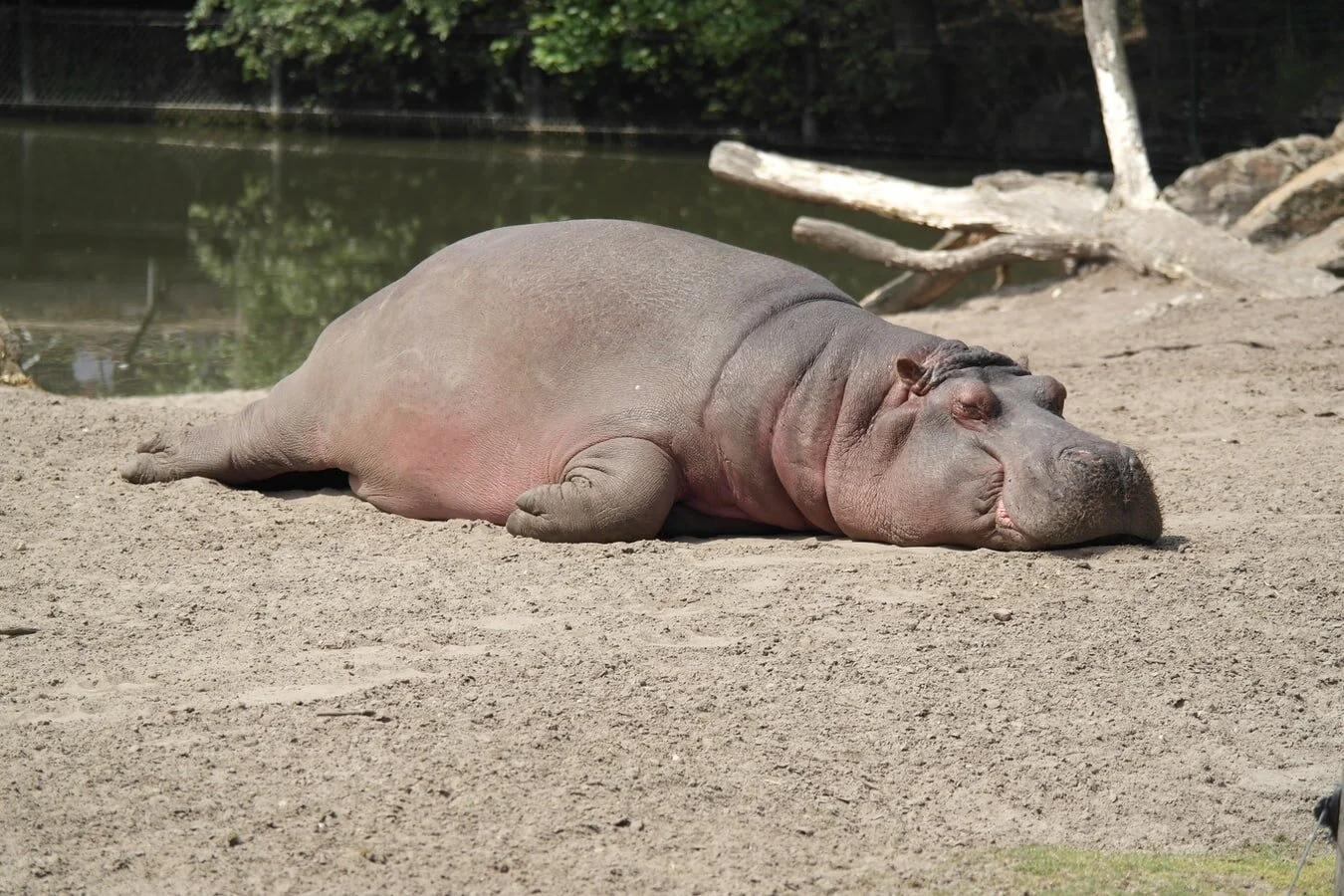Wielding Magic: Folklore and the Power of Storytelling
It was Halloween night, 1999, when a young woman was driving alone down the long stretch of Bray Road, in Southern Wisconsin.
She felt her car lurch sideways and feared she hit something in the darkness. She got out to look, and to her relief, there was nothing.
Or so it seemed.
In the trees just off the side of the road, there was movement in the shadows. Whatever it was, appeared to be almost like a wolf, but stood like a man.
She didn’t want to wait and see if it was friendly, so she ran back to her car. That’s when she could hear its heavy footsteps on the pavement behind her.
Inside the car, she scrambled to get her keys in the ignition. Then, she felt the whole car get pushed down. It had jumped on top of her trunk. She sped off, and the creature fell off the back.
The story soon spread, and more came forward, brave enough now to tell their own stories and sightings. It became a media sensation, and the creature is now known as the Beast of Bray Road.
To this day, driving that stretch of lonely road triggers the imagination and tugs at something deep down.
You can’t help but think of all the stories. You carry them with you, whether you want to or not. They hold a power too strong to ignore.
I was recently reminded of this local legend thanks to a podcast called Lore. If you are a storyteller and need some inspiration, then you should absolutely check it out.
My favorite part of the story of the Bray Road Beast, besides that it occurred on Halloween, was that it all started in 1999. Of the Lore episodes I’ve listened to, this folktale begins far later than all the others. Even with all our science and civilization, we still look into the darkness and see monsters.
Story has been with us since the very beginning. Look at cave drawings, they all tell stories of what those early humans saw. Even our earliest written manuscripts are merely the work of someone finally writing down all those stories that were passed down generation after generation.
Without storytelling, we would have lost a part of who we are.
With storytelling, comes the folklores, mythologies, and the things that haunt our dreams. Those too have been there since the beginning.
Some of our modern folklore is all thanks to things imagined hundreds, sometimes thousands, of years ago. And they have stuck with us because we absolutely love them.
Why?
Humans love mystery. Well, we love mystery in a very particular way.
We spend tremendous amounts of time and effort to find answers to the questions that mystery presents. How many of you watched Lost and sunk most of your life into figuring out what was going on?
On that same note, if the answers don’t satisfy us, we start to make our own.
Hence our obsession with folklore. The stories that are passed down over and over add a new layer to our reality. Before modern science, people sought explanations to diseases and strange noises at night.
Story, rather than science, brought answers that seemed to make sense.
Of course, now we understand the reasons why we get sick. Those strange sounds in the woods at night have very normal animals and reasons at the other end of them.
At the surface, science can be boring. Anyone who dives into it knows that science gets real crazy real fast, but every question has another scientific answer.
Maybe we like sitting in the mystery just a little while longer.
Folklore and storytelling let us think that maybe science doesn’t have all the answers yet. (Which of course it doesn’t). But maybe, even right here in our own backyard, there’s a mystery to be solved. These stories take us away from our day to day problems and stress, and let our imaginations take over.
Fueling the imagination is what story is all about.
Writing fiction is no different.
An author wields the same power with every word transferred to the page. The reader wants to leave reality, believe that there are mysteries to be solved, and have their imagination catch fire.
It’s a connection between writer and reader. It’s the same kind of connection that folklore has provided every generation. We hear these stories, learn about the people in them, and we connect.
We place ourselves in those situations, and wonder what we would do. That’s why stories of monsters always grab a wide audience. We like to think that monsters bring out our best qualities, but the mystery of it fascinates us.
Let’s be real here. I’m a person who lives in the modern age. I use science to explain the things I experience.
Then I hear a story of beasts and darkness. I examine it and find reasonable answers to unbelievable questions. Yet, if the story is told right, if the author believes in their craft as much as they hope the audience does, then suddenly the shadows at night no longer make sense.
Whether you are a freelancer, a blogger, a poet, or fiction writer of any kind, you are a storyteller.
The story you tell falls into a tradition that comes from the very core of humanity, back to the beginning. Remember the power you hold and your responsibility to your readers.
You wield magic.
If you want to examine more stories, folklore, and the geeky things you love, sign up for my newsletter. There we will find the magic used in our favorite books, movies, shows, and games that created such influential stories. (And then use that in our writing!)
You can follow Chris on Twitter: @chrismlaporte







